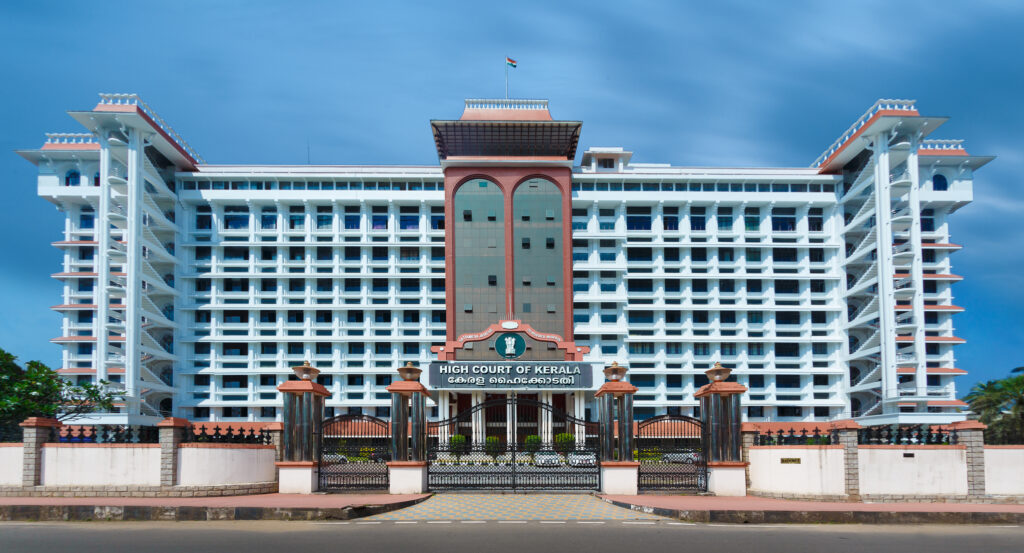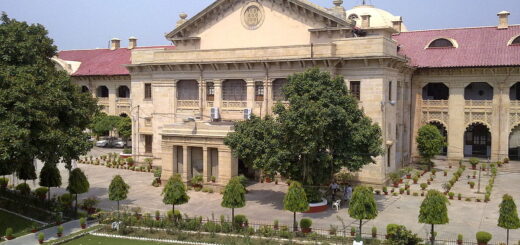The Kerala High Court stated that the SC-ST Act is being misused by people with bad intentions, and that false cases should be dismissed quickly.

The Kerala High Court has warned against the improper use of the Scheduled Castes and Scheduled Tribes (Prevention of Atrocities) Act, 1989 (SC/ST Act). The court highlighted that while this law is essential for safeguarding marginalized groups from exploitation, any false cases should be dismissed promptly. Justice A. Badharudeen emphasized the important role of courts and investigators in identifying real cases versus false claims, to protect innocent people from being wrongly accused. The court noted that the misuse of the SC/ST Act by individuals with malicious intent is a growing issue. It described how some people falsely accuse others, particularly the poor, to intimidate them with threats of arrest and severe punishment, often to settle personal scores or force compliance with unreasonable demands.
In this case, a petitioner, who is not from a Scheduled Caste or Tribe, was accused of insulting and threatening a woman from the Scheduled Caste community by mentioning her caste name publicly. Another woman with the petitioner was also named in the accusation. A case was filed in February 2015, citing violations of Section 294(b) of the IPC and Sections 3(1)(r) & (s) of the SC/ST Act. However, the alleged incident took place in December 2013, and the complaint was made over a year later. After an investigation, the police initially found the claims to be false and sought to close the case. But when the complainant took the issue to the Director General of Police (DGP), a new investigation was ordered, resulting in a report that identified the petitioner as the only accused. The petitioner then appealed to the High Court to contest this report.
The lawyer for the petitioner claimed that the investigation was flawed because it happened without the petitioner being present, as she was working abroad. It was also suggested that the case was made up after the complainant could not recover money from the petitioner through legal means. The complainant argued that there was enough evidence to support the case and that it should not be dismissed. However, after reviewing the facts, the Court determined that the claims were false and stemmed from a financial disagreement, not from real caste-based discrimination. The Court noted that the initial report had supporting evidence, and there was no new evidence to justify charging the petitioner. “Considering all these points and reviewing the case as a whole, it is clear that the first report by the Investigating Officer in Annexure A3 is supported by evidence, and no new evidence was found by the later Investigating Officer who submitted Annexure A1 Final Report. Additionally, the third respondent made these claims in an effort to recover Rs.6 lakh without pursuing legal options. Therefore, the allegations are not credible,” the Court stated.
The Court dismissed the case, emphasizing that the SC/ST Act is important but should not be misused for personal grudges. The Single-Bench cautioned that investigators need to think carefully before filing cases under the SC/ST Act to avoid wrongfully accusing innocent people. The Court noted that when handling cases under the SC/ST (POA) Act, both investigating agencies and courts play a crucial role in distinguishing truth from falsehood and assessing the validity of claims. If complaints are made without proper basis or if there are negative outcomes in related legal matters, it raises strong doubts about the truth of the allegations made against one party by another.
Cause Title: Sobhanakumari v State Of Kerala [Neutral Citation No. 2025:KER:12035]
Appearance:
Petitioner: Advocates Madhusudanan P. R., Vijayan Mannaly, Haseena Kunjoonju
Respondent: Advocates Shiras Aliyar, P.M. Mujeeb Rehiman









